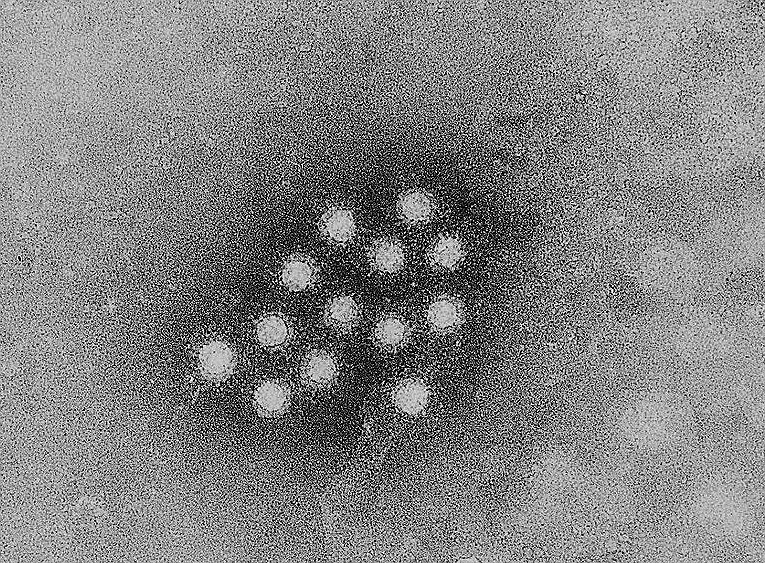Northeast Arkansas is dealing with a hepatitis A outbreak, and state health officials want other areas of the state to be aware. Since February 2018, 91 cases have been reported in that area of the state, and those numbers keep rising.
"It's continuing to spread both in the number of people locally and now it's increasing in a neighboring county," said Dr. Jennifer Dillaha, medical director for immunizations for the Arkansas Department of Health. "We're starting to see more cases. There are other states having significant hepatitis A outbreaks and we think they're all related. It was originally in a county in Missouri that neighbors Arkansas. They had hundreds of cases. There have also been cases in Tennessee and Kentucky. It's kind of nationwide."
Hepatitis A is transmitted via the fecal/oral route, often during food preparation.
"It is potentially a very serious disease. There can be a range in the illness it causes, anywhere from unapparent clinical disease to liver failure and death," Dillaha said.
One thing that makes hepatitis A outbreaks hard to track is the incubation period. It takes on average 28 days to develop hepatitis A disease after a person has been infected. Many people can't remember what they ate the week before, so remembering details from a month previous can be a stumbling block when it comes to finding the source.
For people in Northeast Arkansas that have possibly been exposed, the ADH is recommending vaccinations, which become effective in approximately two weeks.
"That's a nice thing. If a person knows they may have been exposed and they get vaccinated right away, their immune system could develop immunity to help keep them from getting sick," Dillaha said. "For people with a known exposure and a weakened immune system, we also give them a dose of antibodies to Hep A."
The recommended schedule for Hep A immunizations is at 12 months.
Dillaha said parents who are late with their child's vaccination schedule or those who opted out of the vaccine should consider getting it for their children.
"We strongly encourage parents to consider getting that for their kids if they haven't yet. It's part of a routine series," Dillaha said.
So far, all the of cases of hepatitis A in Arkansas have been in adults, many of whom were never vaccinated against the illness. The vaccine didn't become available until 1995.
Vaccinations are also recommended for another group of people-those with liver disease or a chronic illness.
"Adults with chronic illness, especially liver disease, need to get vaccinated against hepatitis A and hepatitis B. There is no vaccination for Hep C, and many baby boomers have Hep C. We want to get the message out that all of them need these vaccinations. That's an important point to make," Dillaha said. "It has a 94 percent effectiveness rate, so that means 94 percent out of 100 people who get the vaccine are protected. It's one of the more effective vaccines. The second dose is recommended so it catches the people who didn't respond to the first one. After two doses, about 99 out of 100 people will be protected."
In addition to protection from vaccines, people can protect themselves and their families by washing their hands well after using the bathroom, changing diapers or before preparing or eating food.
"Wash your hands with soap and water. The hand sanitizers don't protect against hepatitis A. It's a very hardy virus, and it can live on surfaces and hands, so good handwashing can prevent illness. One of the recommendations I've heard is to sing the 'Happy Birthday' song to yourself to make sure you're washing your hands long enough," Dillaha said.
Symptoms of hepatitis A include fever, fatigue, loss of appetite, nausea, vomiting, abdominal pain, dark urine, clay-colored feces, joint pain and jaundice or yellowing of the skin and eyes.
"The initial symptoms are hard to distinguish from other illnesses until the liver is affected. Anybody with jaundice, yellow skin or eyes needs to seek medical care because it means the liver has been seriously damaged," Dillaha said.

